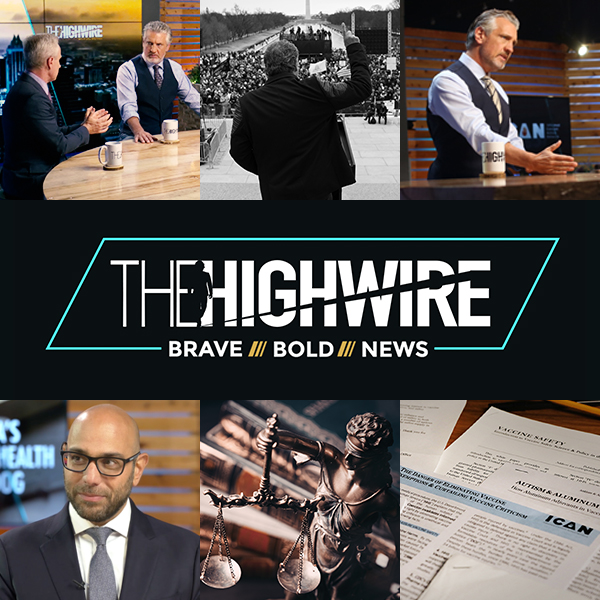GSK Dumps Universal Flu Vaccine as NIH Starts Trials
Updated
FieFiercePharma.com recently reported:
“GlaxoSmithKline has dumped a universal flu vaccine after getting a look at interim phase 1 data. The clinical data and other results persuaded GSK to stop development of the candidate once it finishes the ongoing study.
The influenza vaccine includes GSK’s AS03 squalene-based adjuvant and was aiming to develop a shot that protects against all current and future circulating influenza strains, thereby eliminating the need to develop new jabs and administer them each year.
GSK continues to apply its adjuvants and other technologies to the development of universal flu vaccines. But early data on GSK3816302A suggests it is unlikely to be the breakthrough program.”
A spokesperson for GSK said “The candidate vaccine induced a cross-reactive immune response…” GSK moved the vaccine into a phase 1 trial in 470 healthy volunteers in 2017. The clinical trial was designed to compare the safety and tolerability of nine unadjuvanted and adjuvanted supra-seasonal universal flu vaccine formulations to ‘placebo’ and GSK’s quadrivalent seasonal influenza vaccine.
Meanwhile, the race for a universal flu vaccine continues as the National Institutes of Health (NIH) released news that they are beginning their first-in-human trial of a universal influenza vaccine candidate.
Scientists at the National Institute of Allergy and Infectious Diseases (NIAID), part of the National Institutes of Health, developed the experimental vaccine, known as H1ssF_3928.
H1ssF_3928 is designed to teach the body to make protective immune responses against diverse influenza subtypes by focusing the immune system on a portion of the virus that varies relatively little from strain to strain.
The trial will gradually enroll at least 53 healthy adults aged 18 to 70 years. The first five participants will be aged 18 to 40 years and will receive a single 20-microgram (mcg) intramuscular injection of the experimental vaccine. The remaining 48 participants will receive two 60-mcg vaccinations spaced 16 weeks apart. They will be stratified by age into four groups of 12 people each: 18 to 40 years, 41 to 49 years, 50 to 59 years, and 60 to 70 years. Investigators hope to understand how participants’ immune responses to the experimental vaccine may vary based on age and the likelihood of their previous exposure to different influenza variants.
NIAID Director Anthony S. Fauci, M.D. stated, “This Phase 1 clinical trial is a step forward in our efforts to develop a durable and broadly protective universal influenza vaccine.”
Fauci is no stranger to [controversial] flu vaccine trials. In October 2009, Fauci appeared on YouTube to reassure Americans about the safety of the “swine flu” vaccine. “The track record for serious adverse events is very good. It’s very, very, very rare that you ever see anything that’s associated with the vaccine that’s a serious event,” he said. Despite universal government agency assurances of safety, the H1N1 “swine flu” was found to have cut corners. BMJ associate editor Peter Doshi writes in the BMJ investigative article titled ‘Pandemrix vaccine: why was the public not told of early warning signs?’
“...governments around the world had made various logistical and legal arrangements to shorten the time between recognition of a pandemic virus and the production of a vaccine and administration of that vaccine in the population. In Europe, one element of those plans was an agreement to grant licences to pandemic vaccines based on data from pre-pandemic “mock-up” vaccines produced using a different virus (H5N1 influenza). Another element, adopted by countries such as Canada, the US, UK, France, and Germany, was to provide vaccine manufacturers indemnity from liability for wrongdoing, thereby reducing the risk of a lawsuit stemming from vaccine related injury.”







